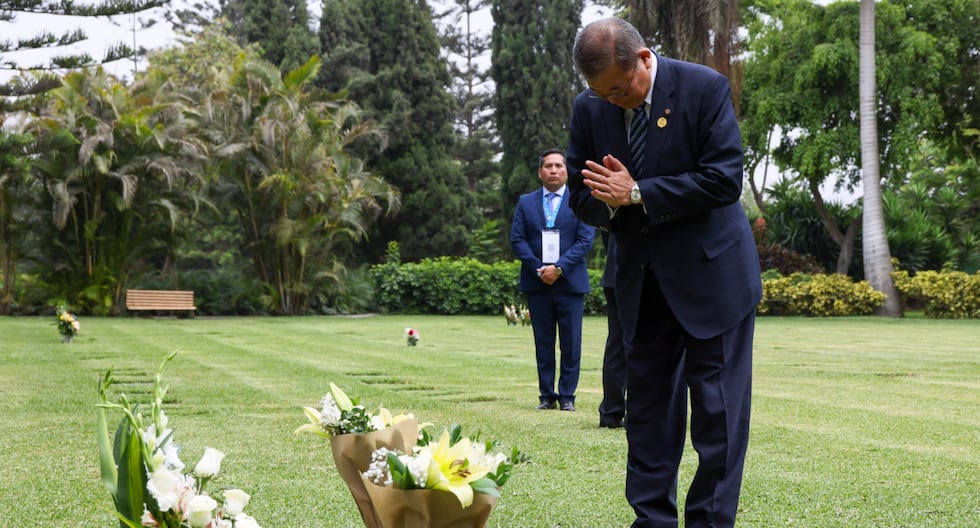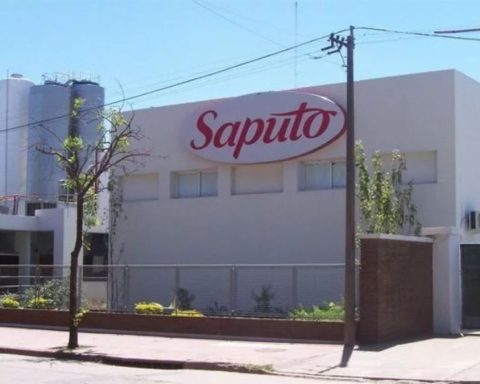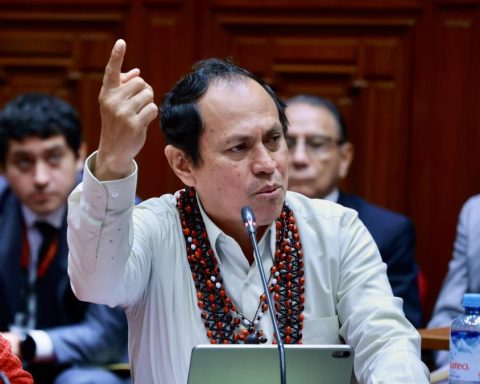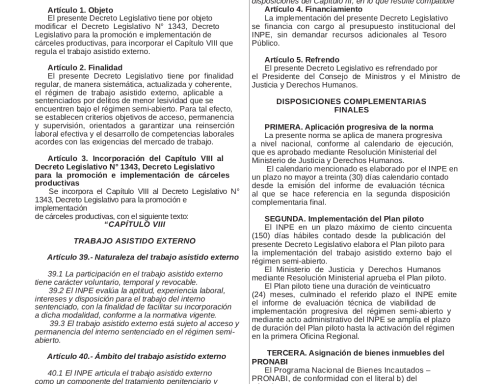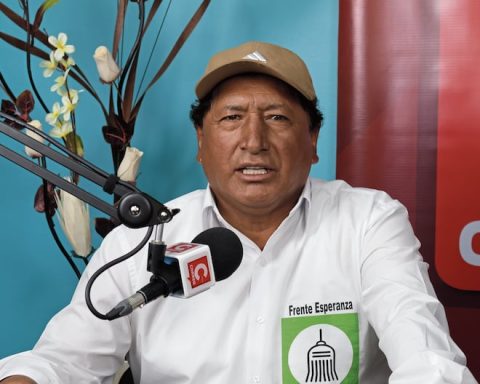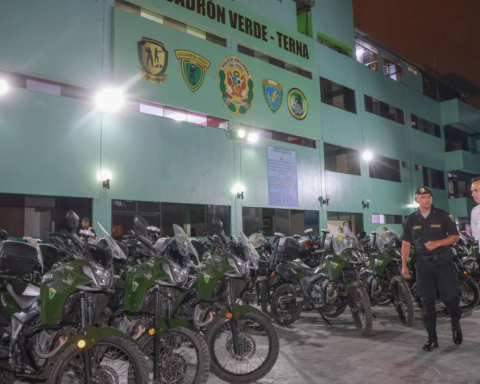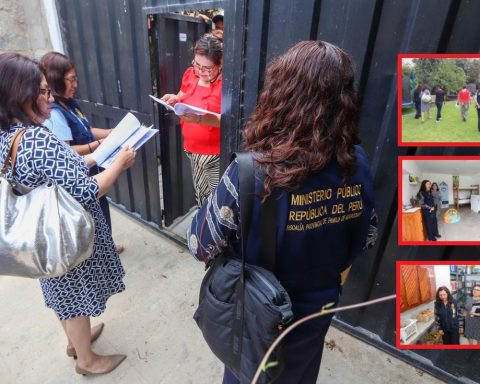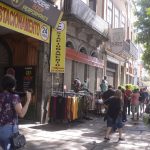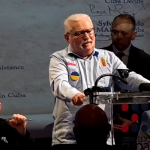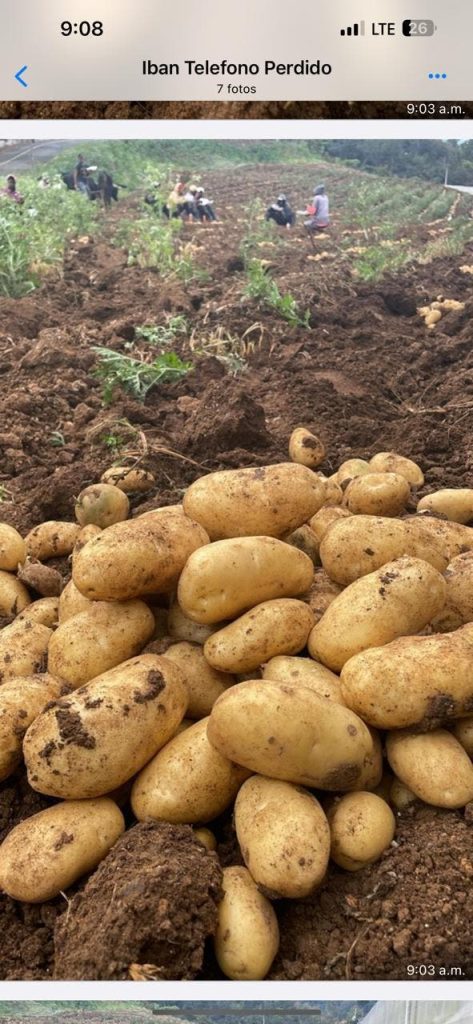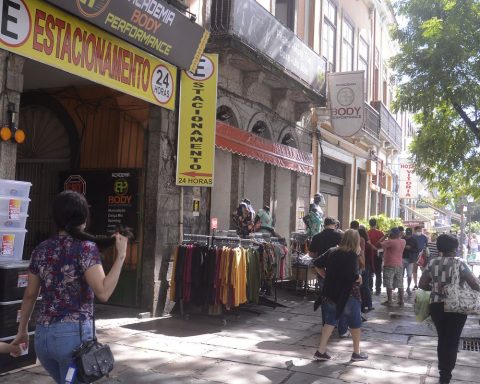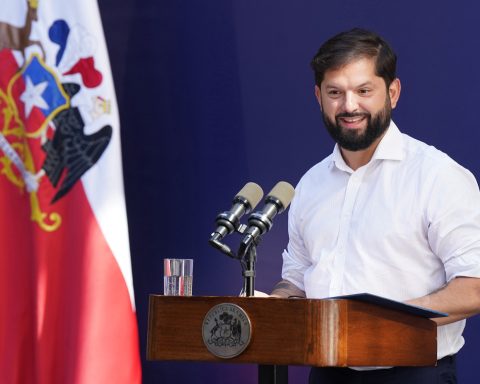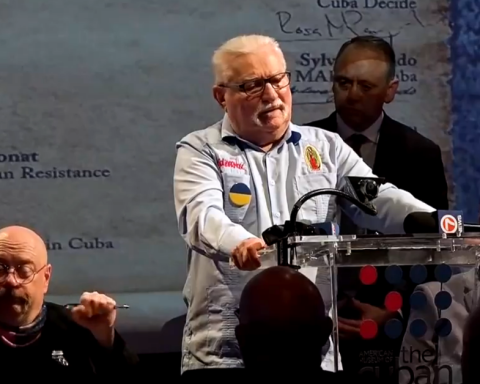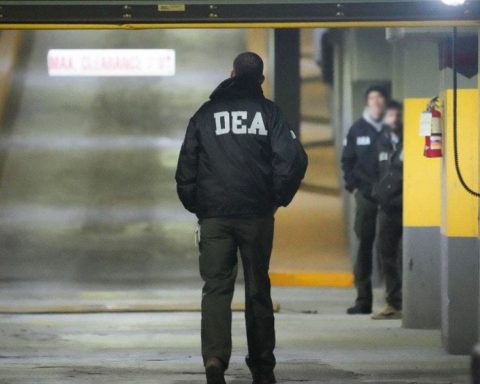The Japanese Prime Minister, Shigeru Ishiba, visited this Saturday the grave of the former Peruvian president of Japanese descent, Alberto Fujimori, who died last September. During his visit, Ishiba laid white flowers and prayed in memory of the former president.
Fujimori’s tomb, located on the outskirts of Lima, was a stopping point for Ishiba while he was in the Peruvian capital participating in the Asia-Pacific Economic Cooperation (APEC) Forum. Images broadcast by the Japanese public broadcaster NHK showed the president at the solemn ceremony, highlighting the symbolism of this gesture.
A controversial legacy and connections to Japan
Alberto Fujimori, who led Peru between 1990 and 2000, maintained deep ties with Japan, his family’s country of origin. During his tenure, he visited Japan several times seeking financial support and strengthened relations with the Liberal Democratic Party (LDP) and Japanese business leaders.
In Japan, Fujimori is especially remembered for his role in resolving the Japanese embassy hostage crisis in Lima in 1996, an operation that killed 17 people, including 14 members of the terrorist group Túpac Amaru Revolutionary Movement (MRTA). ).
However, his figure continues to divide opinions both in Peru and Japan and within the Nikkei community. While some see him as a symbol of perseverance and leadership, others criticize him for the accusations of corruption, electoral fraud and human rights violations that marked his government.
Exile and diplomatic tensions
After the collapse of his government in 2000, Fujimori took refuge in Japan, where authorities granted him Japanese nationality due to his ancestry. During his exile, Japan rejected multiple extradition requests from Peru, citing the absence of an extradition treaty between the two countries, which generated diplomatic friction.
Fujimori lived in Japan until 2005, when he traveled to Chile and was arrested. Subsequently, he was extradited to Peru, where in 2009 he was sentenced to 25 years in prison for human rights violations.
Ishiba’s visit to Fujimori’s tomb highlights the complex and deep relations between Peru and Japan, marked by historical ties, political tensions and a shared cultural heritage.
